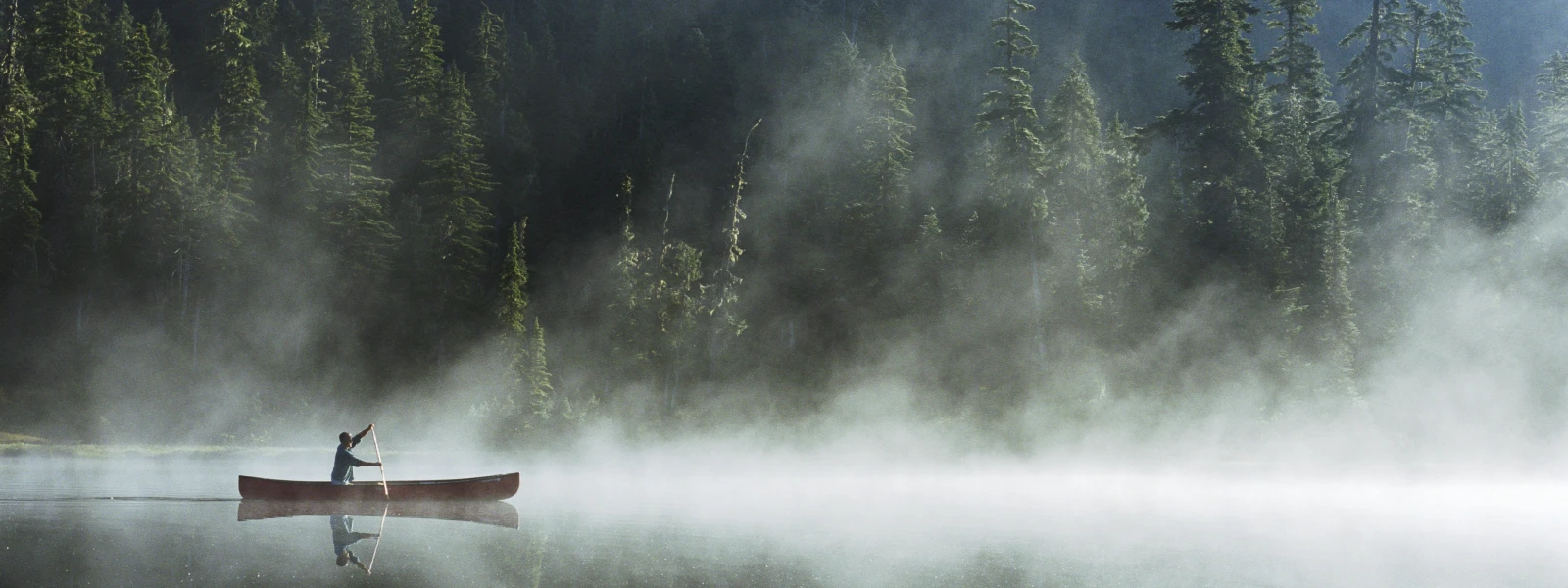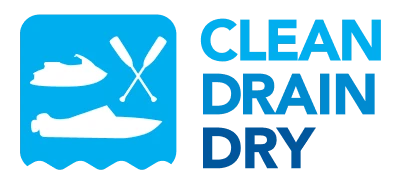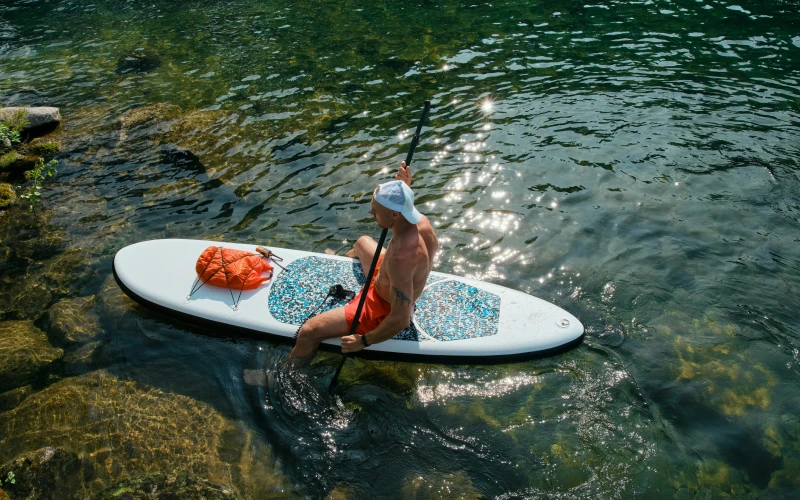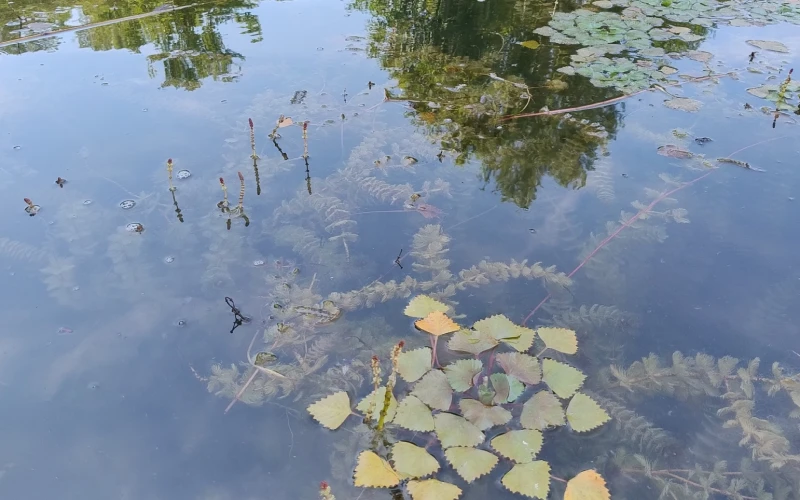Why It Matters
When we enjoy our favorite water activities, we can unintentionally help spread invasive aquatic plants, animals, and diseases. These hitchhikers latch onto boats, paddles, and fishing gear, spreading quickly and disrupting ecosystems.
Aquatic invasive species don’t just harm wildlife—they impact fishing, recreation, and even local economies. Many communities, including Indigenous Nations who have stewarded these waters for generations, rely on clean, healthy lakes and rivers for food, cultural traditions, and livelihoods. Protecting these waters is a shared responsibility, and Clean Drain Dry is one of the easiest ways to help.
Take the Pledge to Clean Drain Dry!
Aquatic invasive species spread quickly—and easily. If you boat, fish, or paddle, you might unknowingly transport them from lake to lake. Clean Drain Dry is a proven, effective way to stop them in their tracks and protect Canada’s waterbodies.
Resource Library
Want to spread the word? We’ve got the tools to help:
Join as a partner, and we can even customize these resources for your region!
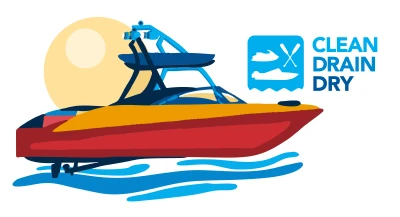
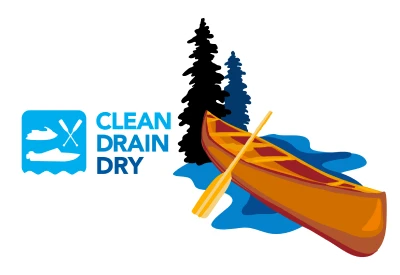
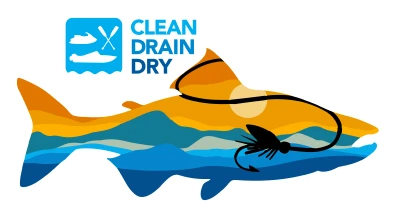
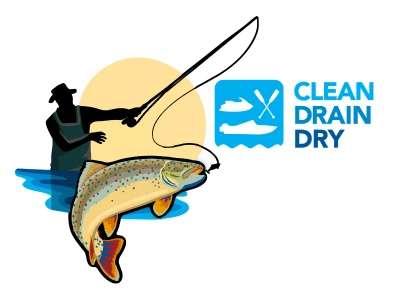
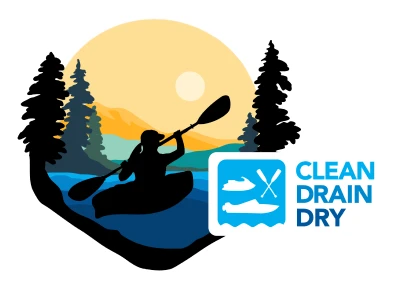
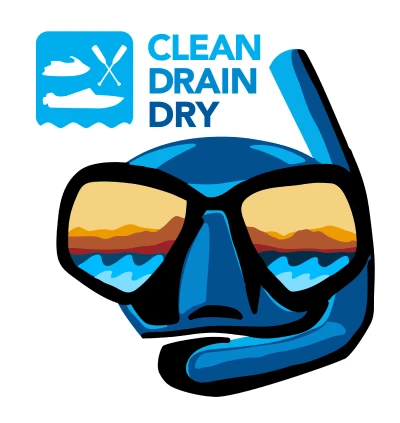
Provincial & Territorial Requirements Across Canada
The National Clean Drain Dry program works alongside existing provincial and territorial initiatives. Check out the regulations in your area to ensure you’re following best practices!
Let’s work together to keep our waters healthy and vibrant—for today and for future generations!
